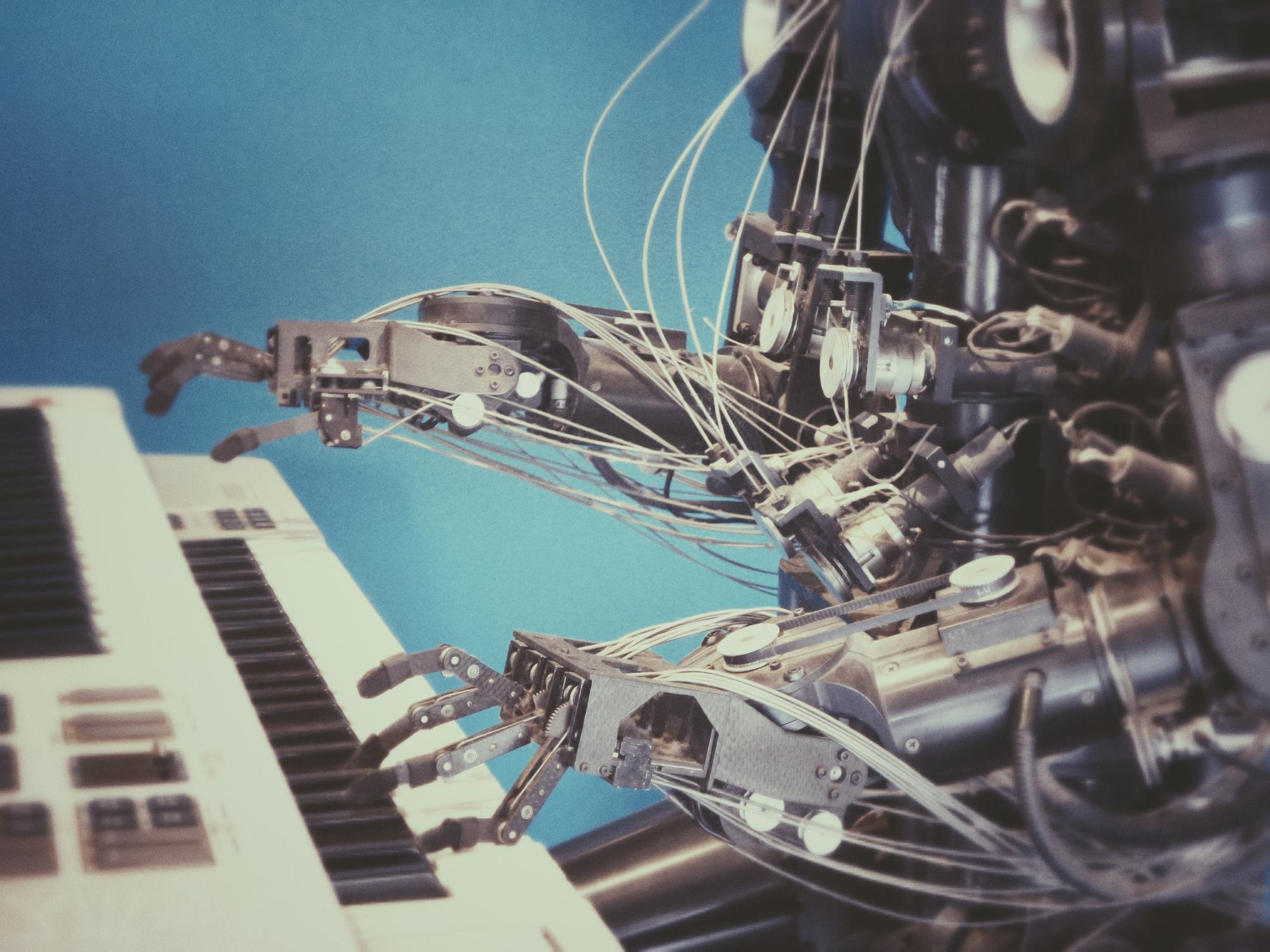Oracle Share Price Analysis: Bearish Phase, Valuation Signals and Bullish Reversal Outlook
$154.97
04 Feb 2026, 11:45

Unsplash.com

Artificial intelligence (AI) has the potential to impact or displace up to 40% of occupations globally, exacerbate inequality, and enhance global wages.
These are the conclusions drawn from research by the International Monetary Fund (IMF) about the possible long-term effects of artificial intelligence (AI) on economies throughout the world.
According to the report, AI is predicted to replace or supplement about 40% of occupations worldwide; however, in sophisticated nations, this percentage jumps to 60%.
About 30% of all employment in advanced economies is projected to gain from the use of technology, and in another 30% of vocations, AI is anticipated to be able to do these duties to the same levels.
According to the IMF, employees will see less hiring, lower earnings, a decline in labour demand, and in certain situations, the elimination of employment altogether in positions where AI can do the same function.
The danger of employment exposure to AI is 26% and 40% in low-income and emerging nations, respectively.
According to the IMF, there may be a disparity in outcomes between those who possess AI capabilities and those who do not.
According to research, people who are able to employ AI at work should anticipate greater salaries and increased production, while those who are unable to do so may find it difficult.
Because of this, it's possible that younger generations may take advantage of more chances while older workers would find it harder to adjust, commanding less in wages.
Based on an index created by the organisation, the US, Singapore, and Denmark are thought to be the nations most equipped for the AI revolution.
(Sources: investing.com, proactiveinvestors.co.uk, reuters.com)